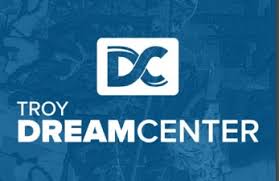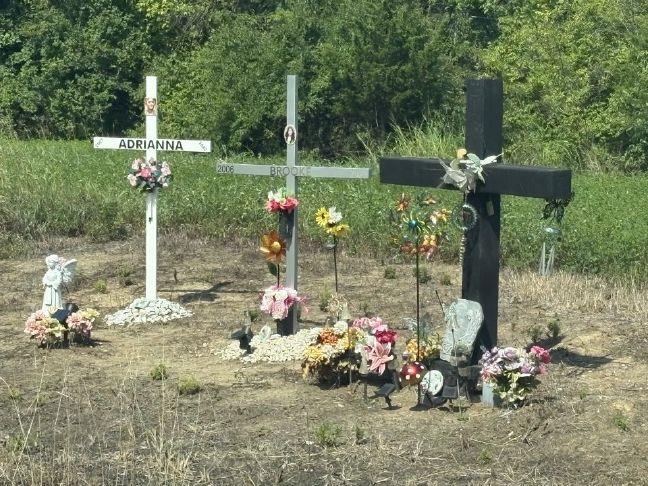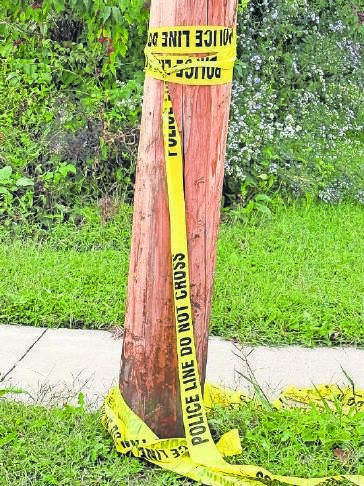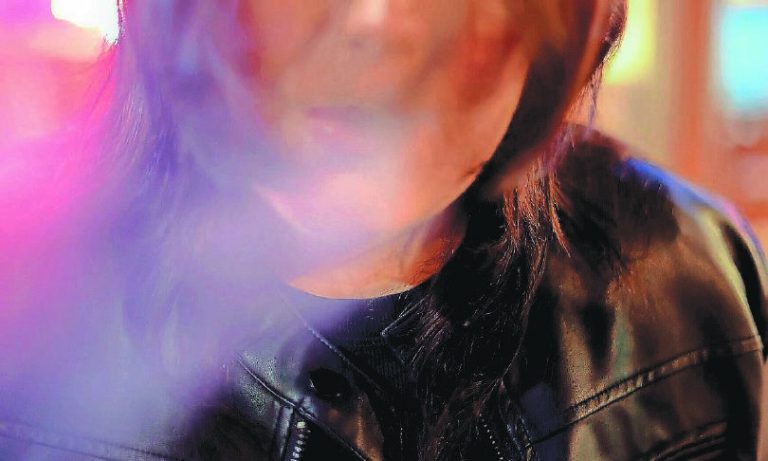Getting back on track: Troy Dream Center program helps residents recover from addiction

Getting back on track: Troy Dream Center program helps residents recover from addiction
TROY – Chris Landry had a choice: live on the streets of St. Louis, or get help.
He was in transition housing and had spent the past two decades drinking. That’s when, in 2024, he was contacted about the Troy Dream Center, a residential recovery program. Landry packed his bags and started the program the following week.
“I was ready to change,” he said.
Today, Landry said he has been sober for over a year, working a steady job and earning a degree in mechanical engineering.
“Where I sit here today,” he said, “I would not have imagined being in a million years.”
Landry is a graduate of the Troy Dream Center Discipleship Program, which operates to help people ages 18-55 recover from drug addiction, alcoholism, depression and other issues.
The program is free to enroll in and funded by donations. Participants, also called disciples, are given housing, meals, transportation and supplies like toiletries. They are taught life skills like budgeting and relationships, and participate in community service.
The program was started in part because of a need in the area, Center Executive Director Emil Moore said. The Missouri Department of Health and Senior Services reported in 2022 the St. Louis region had the highest rates in the state of emergency room visits due to drug overdose, and that drug overdose is the leading cause of death for adults ages 18-44 in Missouri.
“The call to action for the Dream Center is to find a need and fill it, find a hurt and heal it.” Moore said. “A lot of times people that are stuck in drug and alcohol addictions, they literally have zero hope for the future. But when they’re in our program and they see the love of the community and see the love of our staff and, through our relationship with Christ, they actually start to hope for the future.”
The program started as a three-month track for men in 2018. With the acquisition of the women’s recovery center Shielded by Faith in April, the program is now a year-long track for men and women. It’s also part of the Los Angeles Dream Center network.
Participants live communally at either the men’s home at Cuivre River State Park, or the women’s home at 80 Main St. in Troy, which is the Center’s headquarters and former home of Shielded by Faith. Moore said they can house 14 men and 18 women, but usually have about a dozen of each enrolled.
During their stay, residents must abide by rules designed to eliminate distractions from recovery. Things like phone usage, visitors and excursions are limited based on a participant’s progression in the program. For example, disciples in the first 17 weeks of the program may make two telephone calls a week, but after 17 weeks may have access to their cell phones.
Residents also must get a full-time job and pay a $100 weekly program fee after 17 weeks as a way to practice financial responsibility. They’re also required to save some of the money they earn.
These are all ways of adding structure to the disciples’ lives, Moore said.
“So many of our people come to us that have been living in a life of chaos, and so there needs to be order,” he said.
Landry said these rules are part of what helped him recover.
“It’s rather helpful to reestablish good habits,” he said.
The Dream Center also incorporates an element that Moore said makes them different from many other recovery programs – faith.
“Most people that come through our program have been through other recovery homes prior to coming in here,” he said. “When somebody has tried everything else and they’re still looking, we know the fixer, and the fixer is in our opinion Jesus Christ. And so when somebody makes the decision to follow Jesus Christ as their Lord and Savior, then their life changes.”
Residents are not required to profess Christianity in order to join the program, but they are required to participate in church attendance, Bible reading and other spiritual components of the program.
This made Landry hesitant to enroll at first, he said. Previous experiences with what he described as carnival barkers and snake oil salesmen left him skeptical. But the Dream Center staff, he found, practiced what they preached. He said this played a big role in his recovery.
“Reconnecting with Christ, with God, has really brought me peace, which I have not had in quite some time,” he said. “Or if I’ve ever had it, to be perfectly honest.”
Moore said the spiritual component of the program addresses core issues in participants’ lives, which enables them to heal and graduate. About 75% of people who enroll in the program graduate from it, more than the national average for recovery program graduation, he said. According to the American Addiction Center, only 43 percent of in-patient drug treatment participants complete the program.
Some graduates, like Landry, return to mentor new participants. He volunteers as a resident assistant at the Center, helping people whose shoes he was once in. He knows firsthand what the Dream Center program can do.
“It’s gotten me back on track,” Landry said. “It saved my life.”



